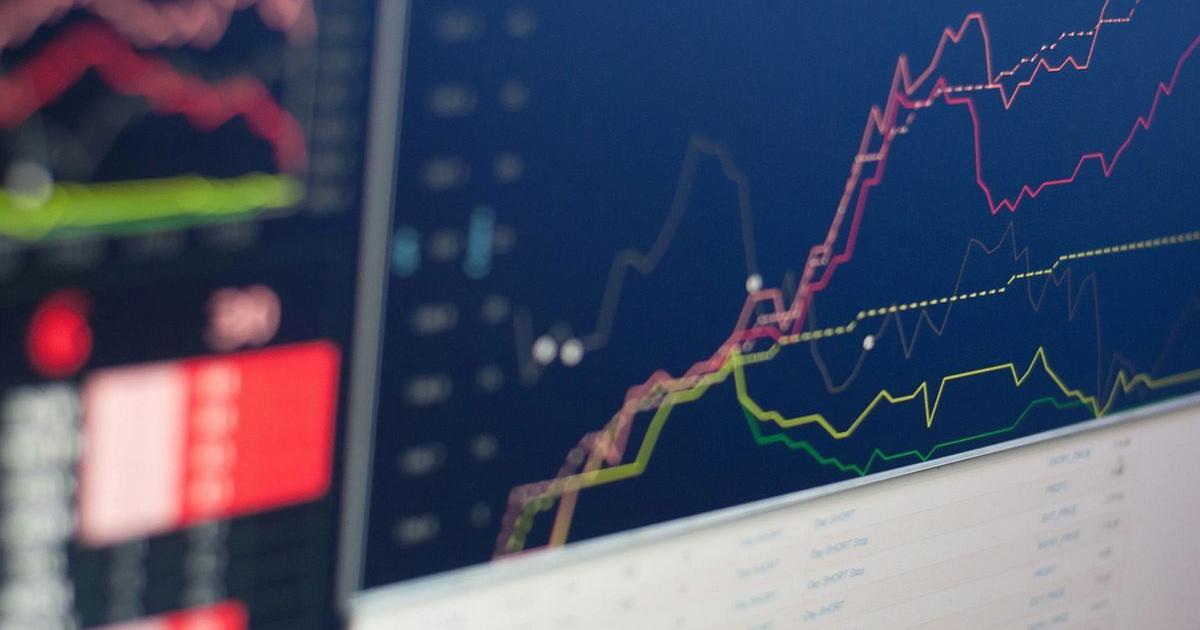(The Center Square) – Prediction markets have boomed in popularity in the past few years, as Las Vegas’ traditional casinos take a hit in the tourism industry.
The gaming industry has begun to take notice.
Ongoing litigation, skyrocketing valuations and the annual G2E gaming industry conference have brought the murky legality of prediction markets into the spotlight. Casinos don’t like them, and they and state regulators are pushing back against prediction markets.
“Markets used to forecast future events” is how the Brookings Institute defined prediction markets.
Kalshi is one of the two largest companies in the prediction markets field.
“How long will the government shutdown last?” is among the headlines on the home page of Kalshi’s website. It’s accompanied by a mix of familiar betting and stock market graphics: odds listed with corresponding payouts paired with a market-style ticker showing public opinion over time. Below is a seemingly endless scroll of political, sporting and pop culture betting lines from the major – the New York City mayoral election – to the minutiae – “What will Jeff Probst say during Survivor Episode 4?”
Leaning away from the gambling label and into the future forecasting title, Kalshi managed to work through the six-year process to be regulated by the federal Commodity Futures Trading Commission.
The move appears to have paid off. Kalshi has skirted typical state-level gambling authorities, such as the Nevada Gaming Authority, and found itself in a legal gray area.
In the face of local and more established opposition from the traditional gambling industry, Kalshi has asserted it answers only to federal regulators, not states – even where sports gambling, which Kalshi offers, is illegal. The company recently won two lawsuits in Nevada and New Jersey allowing for sports betting outside of state regulation.
“There’s no reason this should be regulated any different than people betting on the NFL. You’d have to wonder why it would be,” said Wayne Winegarden, a senior fellow and director of the Center for Medical Economics and Innovation at Pacific Research Institute. The California institute is based in Pasadena.
Winegarden speculated that if predictive markets could prove their gamblers take smaller risks than traditional gambling, there would be a case for a different set of regulations.
“It’s just hard to imagine that that’s the case,” Winegarden told The Center Square.
In the Mecca of traditional gambling, Las Vegas, the Global Gaming Expo or G2E gave industry leaders an opportunity to take aim at predictive market companies like Kalshi.
American Gaming Association CEO Bill Miller contrasted traditional state- and tribe-regulated gambling – “founded on a regulatory approach that upholds the public interest and looks out for consumers while giving companies the license to operate, innovate and grow”- with the new wave of predictive markets.
“The free riders? They thumb their nose at this approach to gaming,” Miller said about predictive markets.
Kalshi and other predictive market companies, operating in their own regulatory category, were not invited to the G2E conference.
At a $5 billion valuation for Kalshi and $8 billion for its primary competitor Polymarket, the companies have emerged as the two clear frontrunners of the high speed, off-road race to dominate predictions markets. For Kalshi, the October valuation is 2.5 times higher than a $2 billion valuation just three months ago. Polymarket has grown eight times over since a $1 billion valuation – in August.
Last year, Kalshi netted $300 million in total trades, the New York Times reported. The Times recently said the trading volume is making a jump in 2025 to over $50 billion.
The two prediction market companies also share more than just their rapidly inflating valuations. Donald Trump Jr., the president’s eldest son, has become an adviser to both companies since his father won the 2024 election.
Despite the questions over their legal status, predictive markets have some upside.
“With predictive markets, people have skin in the game,” said Winegarden. He told The Center Square that predictive markets show early signs of better accuracy than traditional polls.
The phenomena exploded onto the big screen during the 2024 presidential election. Heading into election night polls were split between Donald Trump and Kamala Harris – Kalshi had Trump at over 60% odds.
“From a pragmatic perspective, I know a number of analysts who say this is more accurate,” said Winegarden.

